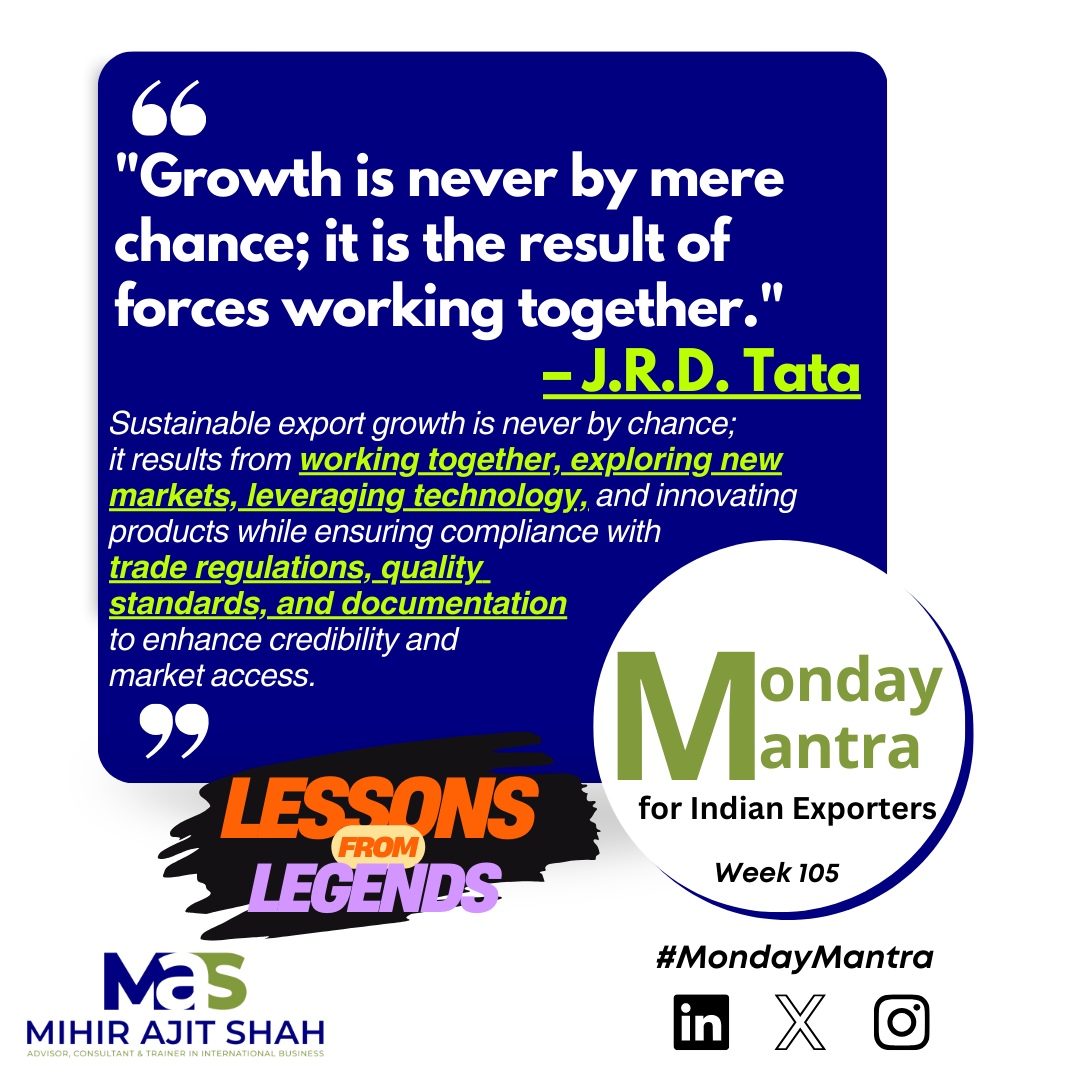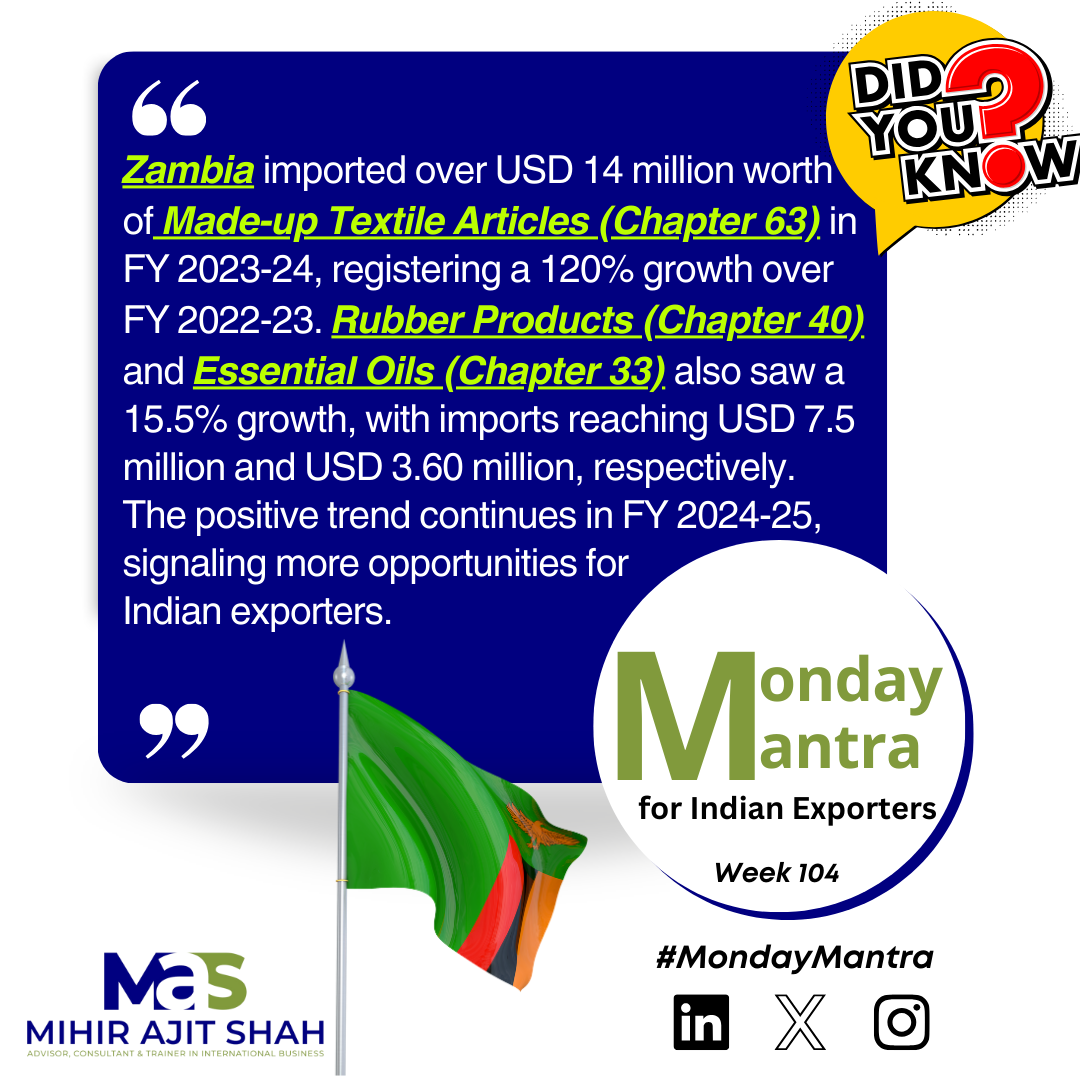
 Mihir Ajit Shah
Mihir Ajit Shah
RoDTEP Extended and Closed for Advance Authorisation (AA) Holders, EOUs and SEZ Units
The long-awaited clarification regarding the RoDTEP eligibility for Advance Authorisation (AA) Holders, EOUs, and SEZ Units has now been officially notified.
The DGFT, through Notification No. 66/2024-25 dated 20.03.2025, has confirmed that the RoDTEP benefit for exports of products manufactured by AA Holders, EOUs, and SEZ Units will be available only up to 05.02.2025.
This effectively extends the earlier cutoff from 31.12.2024 to 05.02.2025.
The notification also clearly states that no RoDTEP benefits will be applicable for such exports made on or after 06.02.2025 for exports from Advance Authorisation (AA) Holders, EOUs, and SEZ Units.
Other categories of exporters (i.e., DTA units) will continue to be eligible for RoDTEP benefits as per the earlier notification, i.e., up to 30.09.2025.
*****
Last date for Annual RoDTEP Return (ARR) Extended
As per Para 4.94 of the Handbook of Procedures, the Annual RoDTEP Return (ARR) for FY 2023-24, originally due for online submission by March 31, 2025, has now been extended to June 30, 2025, as per Public Notice No. 51/2024-25 dated 19.03.2025.
Consequently, the applicable grace period has also been extended from
June 30, 2025, to September 30, 2025.
The ARR submission is mandatory for exporters who have received RoDTEP benefits of ₹1 crore or more in FY 2023-24.
Exporters are advised to ensure timely submission to remain compliant and avoid any penalties.









